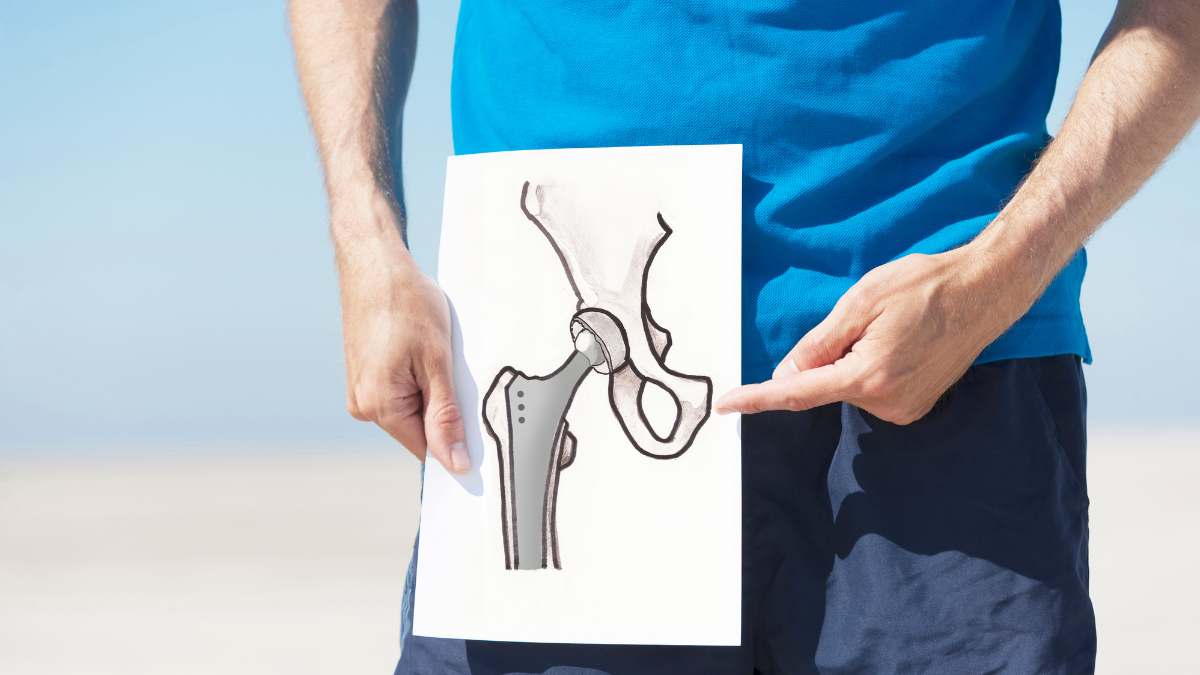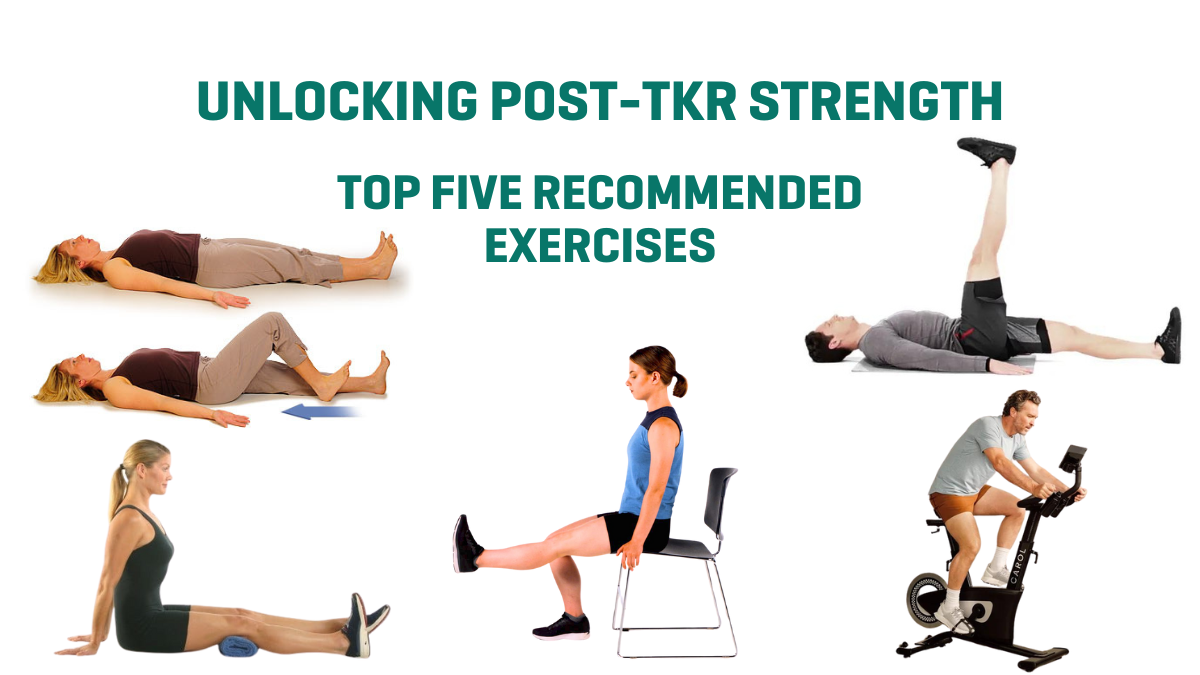- Opening hours: 24 Hours
- Call us today: +91 86960-97555
- Email us: info@drsskhatri.com
Frozen shoulder, also known as adhesive capsulitis, is a painful and debilitating condition that affects the shoulder joint. The condition is characterized by stiffness, limited range of motion, and pain in the affected shoulder. Frozen shoulder usually develops slowly over time and can last for months or even years.
The shoulder joint is a complex ball-and-socket joint that allows for a wide range of motion. The joint is surrounded by a capsule that is filled with synovial fluid, which lubricates and nourishes the joint. In a frozen shoulder, the capsule becomes inflamed and thickened, and adhesions or scar tissue can form, causing the joint to become stiff and immobile.
The exact cause of frozen shoulder is unknown, but there are several risk factors that can increase the likelihood of developing the condition. These include:
- Age: Frozen shoulder is more common in people over the age of 40.
- Gender: Women are more likely to develop frozen shoulders than men.
- Medical conditions: People with diabetes, thyroid disorders, heart disease, and Parkinson’s disease are more likely to develop frozen shoulders.
- Injuries or surgery: Injuries or surgery to the shoulder can lead to a frozen shoulder.
- Immobility: Immobility of the shoulder joint due to a medical condition or injury can lead to a frozen shoulder.
The symptoms of a frozen shoulder usually develop slowly over time and progress through three stages:
- Freezing stage: This stage is characterized by pain in the shoulder, especially at night, and a gradual loss of range of motion. This stage can last from 6 to 12 weeks.
- Frozen stage: In this stage, the pain may begin to decrease, but the shoulder becomes increasingly stiff and immobile. This stage can last from 4 to 6 months.
- Thawing stage: During this stage, the range of motion begins to improve, and the shoulder gradually becomes less stiff and painful. This stage can last from 6 to 24 months.
Treatment for a frozen shoulder typically involves a combination of physical therapy, pain management, and sometimes surgery. Physical therapy can help to improve the range of motion and decrease pain by stretching and strengthening the muscles around the shoulder joint. Pain management may involve the use of over-the-counter or prescription pain medications, corticosteroid injections, or other types of pain-relieving treatments.
In severe cases, surgery may be necessary to release the adhesions and scar tissue that are causing stiffness and immobility in the shoulder joint. Surgery may involve a minimally invasive procedure or a more extensive open surgery, depending on the severity of the condition.
Prevention of frozen shoulder involves maintaining good shoulder health by staying active, practicing good posture, and avoiding activities that may cause injury to the shoulder joint. If you have a medical condition that puts you at risk for a frozen shoulder, it is important to work closely with your healthcare provider to manage the condition and minimize your risk of developing a frozen shoulder.
In conclusion, a frozen shoulder is a painful and debilitating condition that can significantly impact a person’s quality of life. If you are experiencing symptoms of a frozen shoulder, it is important to seek medical attention and begin treatment as soon as possible to minimize the long-term effects of the condition. With proper treatment and care, most people with frozen shoulders are able to regain their full range of motion and return to their normal activities.
Get Best & Affordable Treatment.
Get In Touch In The Mean Time.
Our mission is to provide high quality chiropractic care, supportive therapies and nutritional weight loss solutions
Plot No. 7a, Amrapali Marg
Block a,
Vaishali Nagar, Jaipur
Get an Appointment
Team of Professionals




Read Our Latest News & Articles
Find out what’s new and get updates on treatments, procedures, incredible patient stories, and special cases in our blog section.





